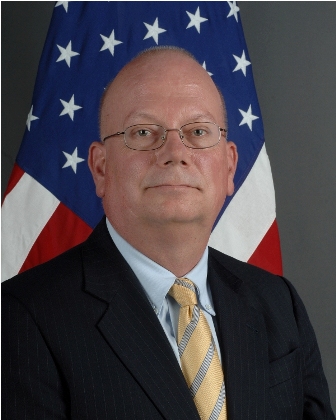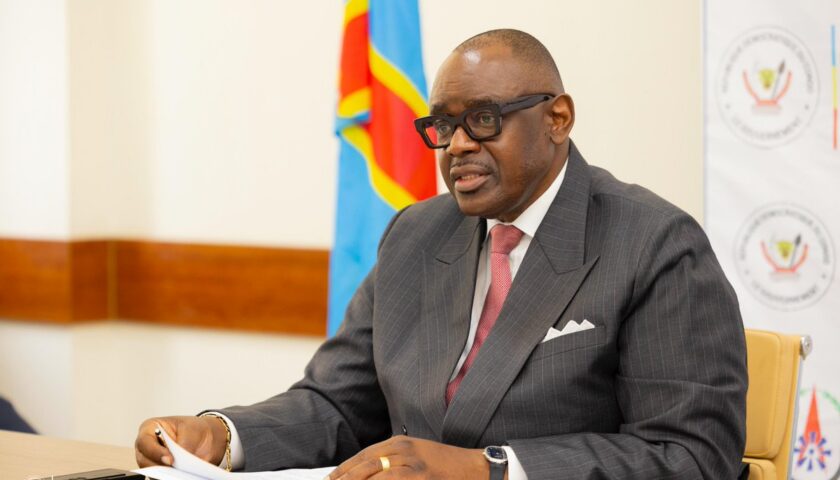By James F. Entwistle, U.S. Ambassador to the DRC
Over 3.5 billion people—or half of the world’s population—live in countries that are rich in extractive resources such as oil, gas, and minerals. Yet, too often, the benefits from this wealth do not go to support the development of the country and thus do not work to the advantage of the average citizens. Extractive resources are inherently challenging for governments to manage effectively, transparently, and inclusively.
Now is the moment to achieve broader agreement on higher standards. This week, government, private sector, and civil society representatives from around the world are meeting in Sydney, Australia for the 6th Extractive Industries Transparency Initiative (EITI) Global Conference. EITI is a voluntary international system through which governments reaffirm their commitment to accountability and transparency for their country’s oil, gas, and mining industries.
The concept behind EITI is simple. Member governments partner with the private sector and civil society organizations to publish an annual report that compares two figures: revenues that the government reports it received, with what extractive companies report they have paid for their oil, gas, and mining activities. This system incentivizes honesty and provides data necessary for accountability.
The United States has supported EITI since the initiative began over ten years ago. EITI principles of revenue transparency are valuable for countries in all regions, and at all levels of development. That is why we in the United States are working toward becoming a full member and joining a growing community of more than 35 countries in Africa, Asia, Latin America, and Europe that have also made this commitment to their people.
U.S. legislation requires certain companies that file annual reports with the U.S. Securities and Exchange Commission to disclose specific payments they make to governments around the world for oil, gas, and mining activities. This reporting will complement EITI by shining a bright light on the payments governments receive for their extractive resources, even for countries that are not EITI members.
But revenue transparency alone is insufficient to help citizens understand the bigger picture of how their governments manage their country’s oil, gas, and mining resources. We must go further. Therefore, this week in Sydney, members will formally agree on a set of strategic changes to EITI.
The aim is to make EITI reporting more comprehensive, reliable, and easier to analyze. The reforms will also require governments to provide citizens basic information about the extractives sector in their country, including what licenses have been awarded and to whom, how much is being produced, and the role of state-owned oil, mining and gas companies in the sector. In addition, EITI will encourage governments to voluntarily go one step further by publishing their actual contracts with companies.
Transparency benefits U.S. companies because it helps them to better understand a country’s operating environment as they consider investment decisions.
The United States strongly supports these changes, which will enable EITI
to more effectively help citizens of resource-rich countries benefit from their natural resources. Equipped with information, citizens can hold their governments accountable so that society as a whole benefits from resource revenues.
By James F. Entwistle, U.S. Ambassador to the DRC




